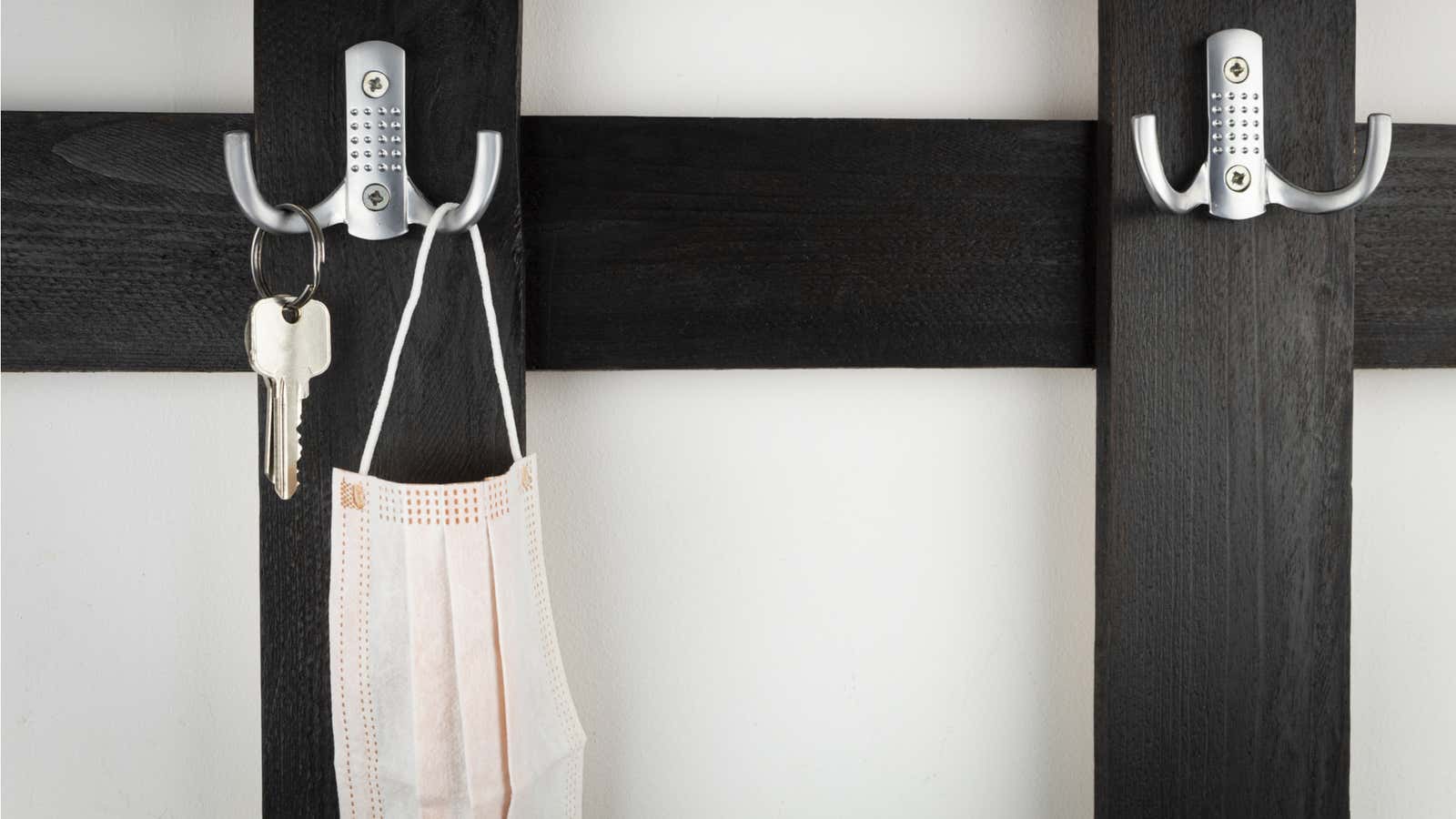Federally Backed Mortgage Benefit Timeline Just Extended

People worried about mortgage payments during the pandemic will receive a long grace period from the government. The Federal Housing Finance Agency announced last week that Fannie Mae and Freddie Mac will extend the moratorium on foreclosures and evictions “at least” until August 31st.
The CARES grace period expired on June 30th. The extension, along with the initial grace period, applies to government-backed mortgage loans from Fannie and Freddie, Federal Housing Administration (FHA), US Department of Housing. Veterans Affairs (VA), United States Department of Housing (HUD), or United States Department of Agriculture (USDA).
(If you’re unsure, the CFPB has a guide to figuring out who owns your mortgage.)
This change reflects the reality of economic recovery during and after the coronavirus pandemic. “Many industries have been closed for several months and it will take time to recover, leaving workers and business owners in financial distress ,” said Beatrice de Jong, a trends expert at Opendoor . Extending the moratorium means recognizing that housing costs are one of the highest monthly costs people face and can ease some of the anxiety you might have about maintaining a home.
If you are having trouble paying off your mortgage, the initial grace period for your federally backed mortgage continues : you can request a 180-day abstinence period and then request a 180-day extension based on that period.
Your lender is not entitled to charge you any additional fees or penalties for delaying your payments or taking steps to get you back this deferred balance at a later date. You also do not need to provide any documents proving your financial difficulties.
If your mortgage does not have government support, you can still defer payments by contacting your lender.
The extension can also provide a sense of security for tenants who may have access to their own home for payment. “Many landlords operate like small businesses and cannot afford to lose payments to tenants without the risk of losing property,” de Jong said. By removing some of the pressure from landlords, tenants can feel less pressure from them to pay on time and in full.